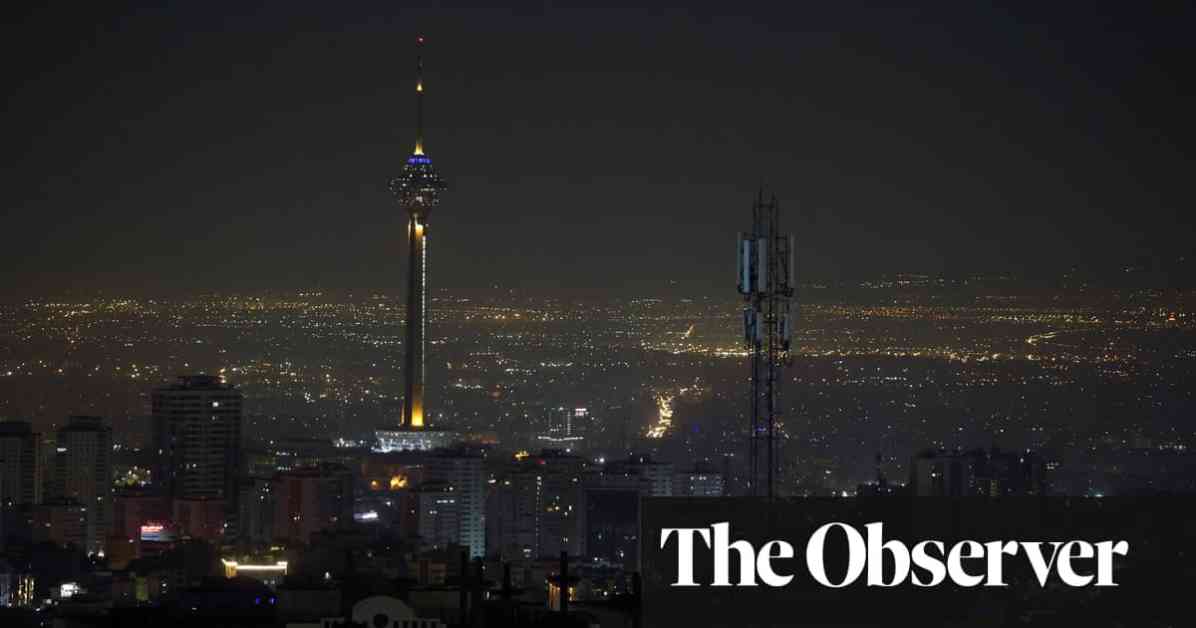US President Joe Biden expressed his hope that Israel’s recent strikes on Iran would bring an end to the ongoing cycle of escalation in the region. The strikes, which targeted military sites across Iran, marked a significant shift in Israel’s approach to its long-standing enemy.
While the attacks resulted in the loss of four soldiers, they were not as extensive as some had feared. Iranian officials downplayed the effectiveness of the strikes, while Israeli hardliners criticized their government for not taking more aggressive action. Despite this, Biden noted that Israel had given him prior notice of the attacks and appeared to have targeted only military sites.
The US administration is now focused on reviving ceasefire negotiations for Gaza and Lebanon, which have been overshadowed by the escalating tensions between Iran and Israel. Iran, in a statement, indicated its willingness to prioritize agreements to end fighting in these regions over further retaliation against Israel.
However, the risk of further escalation remains high, as both Israel and Iran face pressure from hawks within their respective governments to take a more aggressive stance. Israeli officials have described the current situation as a unique opportunity to neutralize the Iranian threat, while Iran faces the challenge of maintaining its deterrence in the face of repeated attacks.
The international community, including the United Nations, the European Union, Russia, and G7 nations, has called for restraint and de-escalation. However, the region remains on edge, with the potential for miscalculations leading to a full-blown conflict.
In the midst of these tensions, the upcoming US presidential election adds another layer of uncertainty to the situation. President Biden, if re-elected, may have more freedom to press Israel to end its multi-front wars and broker a ceasefire deal for Gaza. However, the outcome of the election will have significant implications for the region’s stability.
Meanwhile, the humanitarian situation in Gaza continues to deteriorate, with reports of mass detentions, attacks on health facilities, and shortages of essential supplies. The UN has called for an urgent halt to the military operation in Gaza, warning that the entire population is at risk.
As the region teeters on the brink of all-out war, the need for diplomatic efforts to de-escalate tensions and address the humanitarian crisis becomes increasingly urgent. The stakes are high, and the potential consequences of further escalation are dire for all parties involved.












